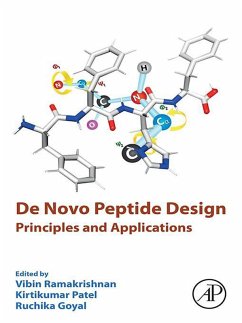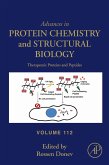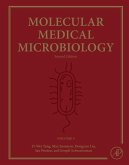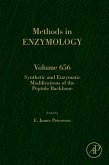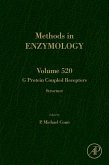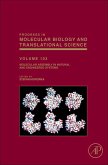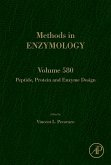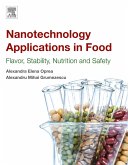In addition, the book covers key aspects in peptide design, providing a solution for researchers working within the 'peptidic universe' to create new therapeutic agents.
- Gives comprehensive coverage, including peptide design, modeling, synthesis and applications
- Presents emerging topics in the design of peptide-based therapeutics
- Details the latest developments in the fields of therapeutic peptides and bio-nanotechnology
- Considers peptide design and the tailoring of peptides to specific functions
- Offers computational tools and algorithms for peptide design and experimental protocols for peptide chemistry
Dieser Download kann aus rechtlichen Gründen nur mit Rechnungsadresse in A, B, BG, CY, CZ, D, DK, EW, E, FIN, F, GR, HR, H, IRL, I, LT, L, LR, M, NL, PL, P, R, S, SLO, SK ausgeliefert werden.

